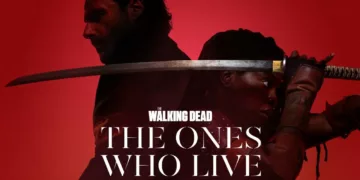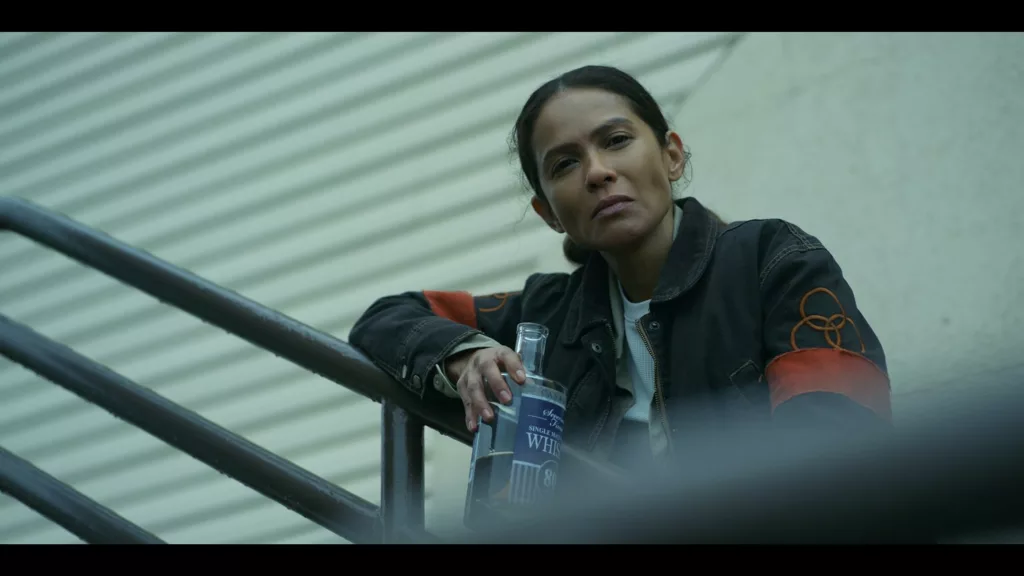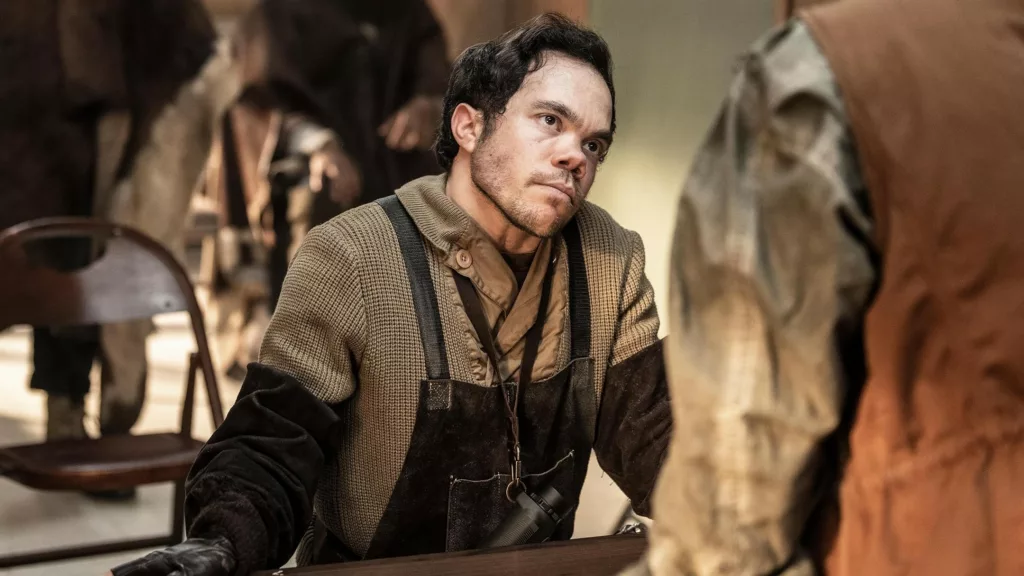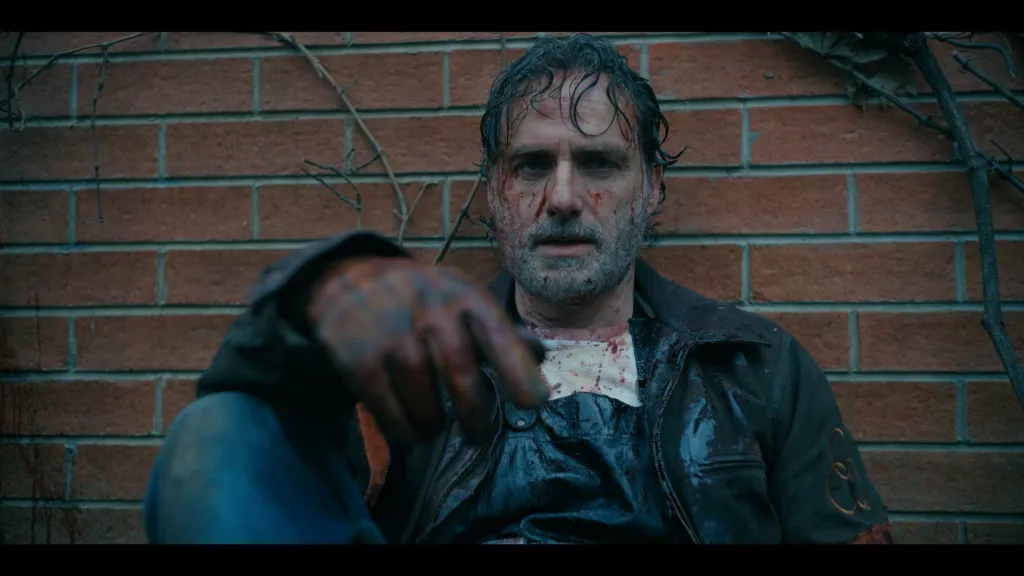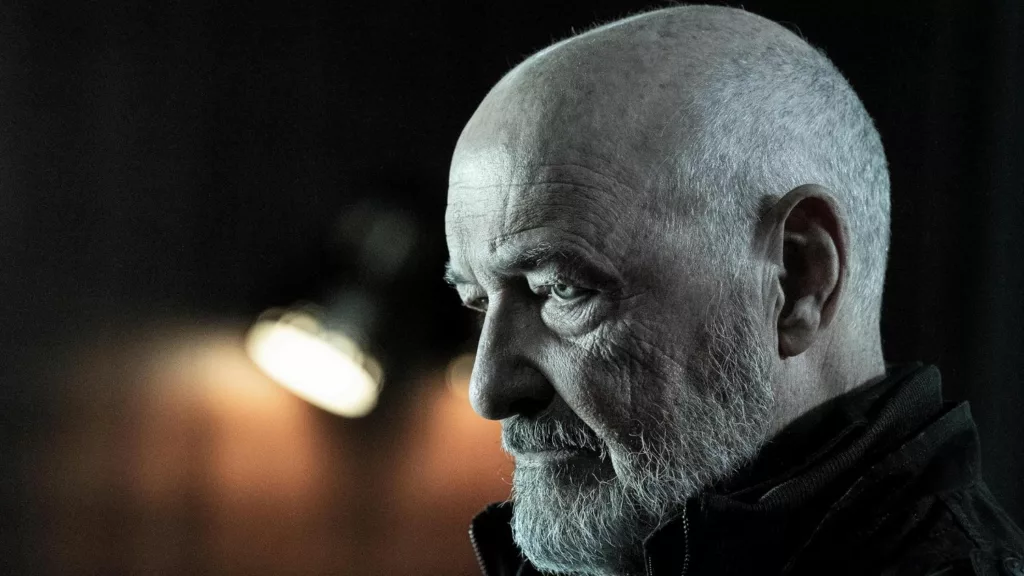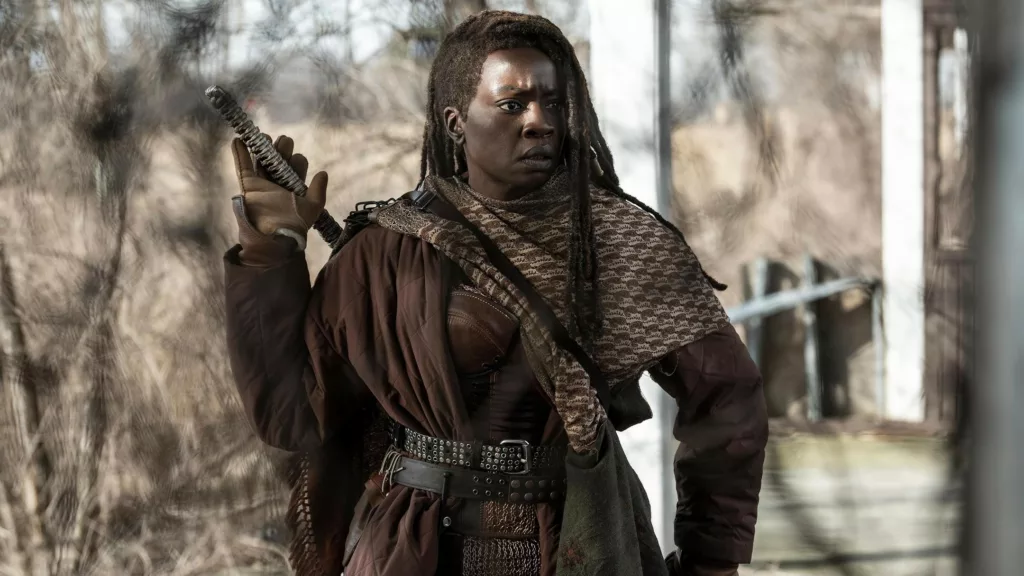The Walking Dead franchise has spawned yet another new spin-off series, this time bringing back two fan-favorite characters last seen years ago. The Ones Who Live marks the eagerly awaited return of Rick Grimes and Michonne, played by Andrew Lincoln and Danai Gurira. These two characters anchored the original Walking Dead series during its peak popularity in the early 2010s.
This six-episode limited series picks up the story years after Rick was rescued by a mysterious group and flown away in a helicopter in season nine. His wife Michonne then set out to search for him. Now finally we find out what happened to the couple, as Rick struggles to break free and get back to his family, while Michonne continues her dangerous quest to locate her lost husband.
Reuniting this duo who shared an intense bond provides the emotional core that should appeal to longtime fans. And the inclusion of newer mysterious groups like the Civic Republic Military adds fresh conflicts as Rick and Michonne fight their way back to each other across parallel journeys. It’s a post-apocalyptic love story five years in the making.
An Emotional Journey Across Time and Space
The Ones Who Live picks up five years after Rick Grimes was rescued by the Civic Republic Military (CRM), a powerful pseudo-government organization. We find Rick unhappily working for the CRM, struggling to break free and return to his family back in Virginia. The CRM manages to thwart Rick’s escape attempts at every turn, through punishments and even leashing him on missions. Meanwhile, Rick frequently dreams of reuniting with his lost love Michonne.
The story also follows Michonne’s journey over the years as she tirelessly searches for any clue to Rick’s whereabouts. Through flashbacks, we see her interact with various allies and enemies. In the present day, Michonne has joined a group of nomads including a new character named Nat. Together they continue investigating rumors of Rick’s survival.
Both Rick and Michonne long to be reunited with each other and their children Judith and RJ. But the CRM remains the main antagonist standing in their way. Led by the ruthless Major General Beale, the CRM aims to control Rick and harness his strengths to further their goals of reshaping civilization.
The narrative alternates between Rick’s present-day struggles under CRM capture and flashbacks filling in the gaps across various points in Michonne’s quest. Their separate journeys underscore the emotional toll of their prolonged separation, until finally by the fourth episode some tantalizing hints suggest the possibility of a long-awaited reunion.
“Experience the tension and turmoil of a nation on the brink of dictatorship in our review of 12.12 The Day. This film masterfully captures the pivotal moments of the 1979 Coup d’état in South Korea, offering a riveting look into the struggle for democracy.”
Triumphant Returns and Promising Newcomers
Andrew Lincoln slips seamlessly back into the role of Rick Grimes, portraying a more world-weary and emotionally shattered version of the character. Lincoln’s anguished performance as Rick reckons with years wasted under CRM control is a highlight. We feel his visceral drive to fight his way back to his family. Similarly, Danai Gurira is exceptional reprising Michonne, embodying her fierce resilience. Gurira wrote an especially strong episode spotlighting Michonne’s determination. The two leads regain their chemistry instantly in shared scenes, whether imagined or real.
The supporting cast provides talent and diversity to match. As Rick’s allies inside the CRM, Craig Tate and Lesley-Ann Brandt offer lively foils to play off Rick’s stoicism. Terry O’Quinn of Lost fame brings his trademark brooding charisma to antagonist Major General Beale. Michonne finds an engaging counterpart in Matthew Jeffers’ character Nat, who injects welcome humor and heart.
If anything, side characters outshine the less developed antagonists like the largely monotonous CRM foot soldiers. We get intriguing glimpses into certain backstories, but some new additions feel more archetypal. Nonetheless, the core cast’s portrayals resonate strongly enough to anchor the emotional weight. Between Lincoln and Gurira’s star power and flashes of brilliance from supporting players, the acting predominantly builds an investment in these reunited heroes.
Love and Humanity in the Face of Despair
At its heart, The Ones Who Live grapples with what it means to retain one’s humanity in an inhumane world. Both Rick and Michonne cling to their devotion for each other and their children as their redeeming compass point amidst crushing adversity. Their selfless love drives them to persevere. Through them, the show asks philosophical questions about morality and purpose when civilization has collapsed.
In flashbacks, Michonne debates with others whether risking certain death to maybe find Rick is worth abandoning her responsibilities back home. For both her and Rick, their soulmate connection overrides self-preservation instincts. They would rather die trying than live passively without their other half.
The CRM represents the imposition of draconian order devoid of compassion. Their cold pragmatism provides a stark counterpoint highlighting Rick and Michonne’s humanity. Yet Rick questions whether joining the CRM could serve the greater good, showing his complexity. Other survivors like Nat display similar nuance through humor and loyalty.
Tonally, this spinoff skews darker than the later Commonwealth storyline. Grotesque violence abounds via zombie confrontations and the CRM’s cruelty. But glimmers of light peek through the despair whenever Rick and Michonne recall happier memories. Quieter moments with supporting characters also alleviate the gloom. Defiance in the face of brutality defines the protagonists, lending the story an ultimately hopeful spirit.
Big Budget Treatment
As a project originally conceived as a film trilogy, The Ones Who Live boasts noticeably higher production values than its parent series. The expanded budget allows for ambitious action set pieces like intense shootouts, helicopter chases, and large hordes of zombies. Explosions and crashes punctuate the drama with movie-style thrills.
Sweeping overhead establishing shots, quick editing, and a stirring score immerse us in key moments. Elaborate CRM bases contrast the desolate zones survivors traverse, painting a broader portrait of this universe. Flashbacks chronicle years of apocalyptic strife across diverse locales.
Compared to the sometimes stale Commonwealth arcs, this spinoff feels decidedly more cinematic overall. The upgraded visual polish doesn’t dominate the emotional core but provides welcome scale. It’s easy to imagine this big-screen treatment suiting Andrew Lincoln and Danai Gurira reprising their fan-favorite roles. The heightened realism grounds the story while leaving room for the actors to shine.
If the crammed narrative ever slows, invariably another imminent crisis manifests through top-notch production design. The world-building provides layers beyond the core drama even if the expanded scope engulfs nuanced themes at times. Within its blockbuster packaging, the human moments still land masterfully.
A Rush to the Reunion
The Ones Who Live swiftly covers a lot of narrative ground in its first four episodes. Following some tantalizing initial teases, the story jumps back years to detail Rick and Michonne’s tribulations since separating. These elaborately staged flashbacks provide welcome context, even if the rapid time-hopping takes adjustment.
We get answers to some longstanding mysteries about why Rick never returned and the CRM’s true nature. However, the accelerated story beats sometimes gloss over key transitions in favor of the next shocking reveal just around the corner. Character development can suffer as beloved figures make questionable decisions seemingly just to service plot machinations.
For example, Michonne ignores common-sense warnings from new friends and returns alone into obviously dangerous territory mostly because the story necessitates it. A few conversations also repeat similar soul-searching themes that might land heavier with more buildup. The series risks racing to the highly anticipated Richonne reunion without properly earning each story milestone along the way.
That said, when action setpieces hit or emotions crescendo, the script delivers. If the condensed runtime never quite allows the mystery to percolate, at least the nonstop momentum makes up for it through spectacle. Fan-servicing moments tend to satisfy even when the connective tissue feels flimsier. For all its stated scope, the intimate character drama ultimately wins out.
A Must-See for Diehard Fans
The Ones Who Live delivers exactly what loyal Walking Dead followers hoped for – more Rick and Michonne being their badass selves. Andrew Lincoln and Danai Gurira easily reclaim their characters’ iconic status despite the extended absence. Their comfortable chemistry and emotional performances ground the entire series.
Compared to the other recent spinoffs, The Ones Who Live lands solidly in the middle in terms of overall quality. The zany creative spark of the Paris-set Dead City doesn’t quite translate to this more straightforward apocalyptic setting. And Daryl Dixon’s radical tonal shift stands further apart as the franchise’s biggest refresh to date. Yet Rick and Michonne’s chemistry carries nostalgic power for those who vividly remember the show’s zeitgeist-dominating heyday.
Unanswered questions linger about the CRM and where our protagonists’ relationship picks up after the bittersweet reunion tease. The open-ended conclusion suggests the story could continue, whether in extended seasons of this show or even woven back into the flagship tales somehow. Fans will surely crave more time with Lincoln and Gurira in these iconic roles either way.
For viewers who drifted away from The Walking Dead universe over the years, the appeal rests heavily on affinity for the central duo. But anyone who has missed Rick and Michonne will find their pining and badassery sufficiently satisfy in this cinematic, action-packed character showcase. It may not completely reinvent the franchise formula, yet does lovingly honor the characters who made it matter.
The Review
The Walking Dead: The Ones Who Live
The Ones Who Live succeeds primarily due to Andrew Lincoln and Danai Gurira seamlessly resurrecting the beloved Rick and Michonne years later. Their emotional performances anchor the entire limited series, even when flashy action set pieces or rushed plot points falter. Loyal franchise fans will appreciate finally getting answers about the duo's fate after their long absence. While not the most groundbreaking new chapter, it serves the characters well enough to satisfy viewers who still care to look in on them.
PROS
- Powerful lead performances by Andrew Lincoln and Danai Gurira
- Showcases Rick and Michonne's compelling emotional journey
- Provides answers to long-standing questions
- Ambitious, cinematic action sequences
- Strong new supporting characters such as Nat and Major General Beale
- Ups the stakes by introducing a formidable new adversary in the CRM
CONS
- Supporting antagonists lack depth and development
- Accelerated pace results in some plot holes
- Narrative can get overstuffed with worldbuilding details
- Retreads ground covered in previous spinoffs like World Beyond
- Lacks truly fresh ideas or tone compared to other recent spinoffs
